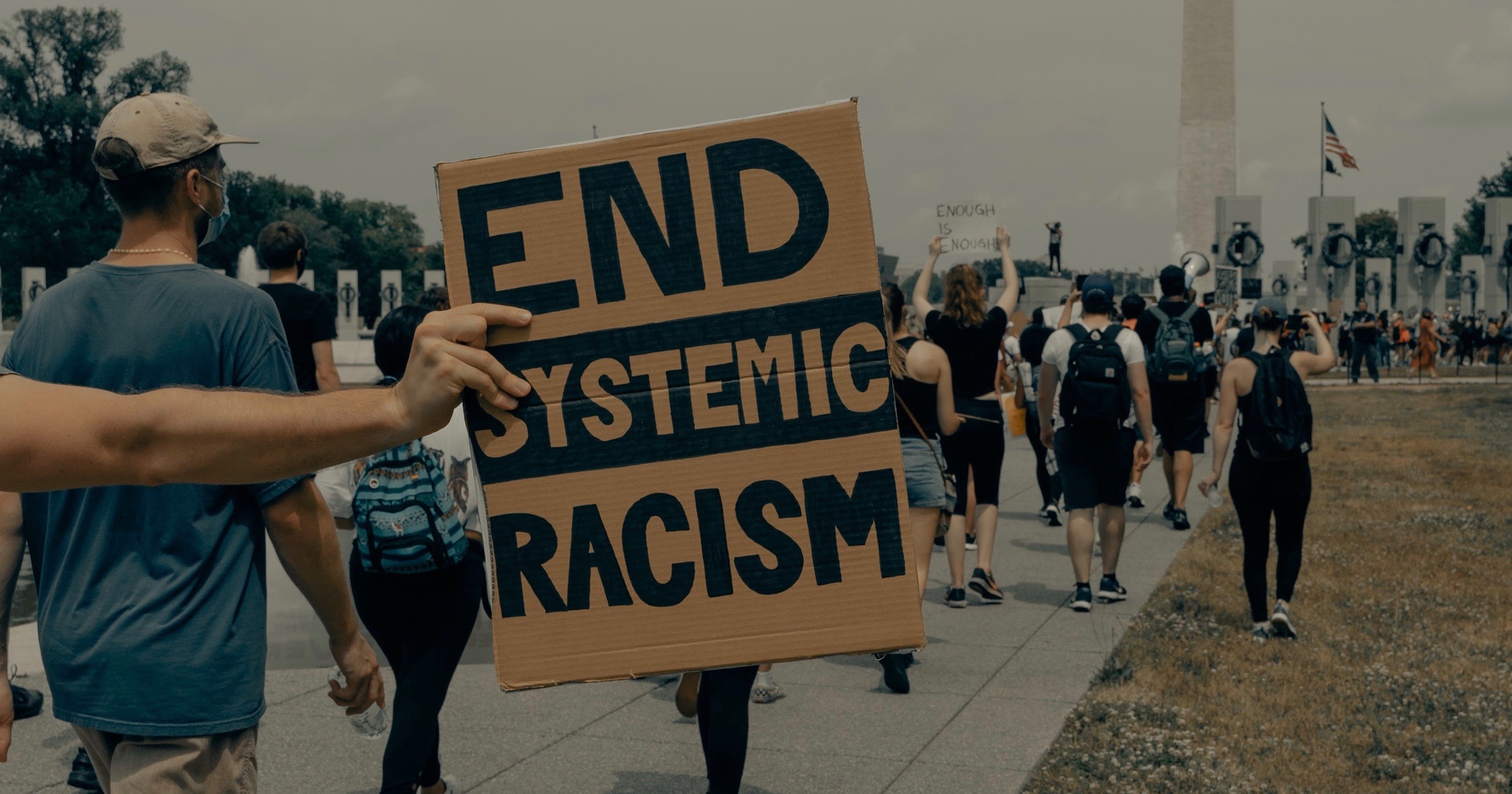 Culture & Ethics
Culture & Ethics
 Evolution
Evolution
Is Methodological Naturalism Racist?

Criticisms of methodological naturalism usually revolve around philosophical issues. I never even considered that methodological naturalism could possibly contribute to the perpetuation of systemic racism. That is, until I read a paper appearing in 2020 in the journal Social Psychology of Education titled “Why Are There So Few Ethnic Minorities in Ecology and Evolutionary Biology?” Co-authored by a biologist and psychologist at Tulane University along with a psychologist at California State University San Bernardino, the paper raises interesting questions about the role of religiosity in preventing underrepresented groups, especially African Americans, from becoming involved in the fields of ecology and evolutionary biology (EEB).
It is well established that people of color are poorly represented in STEM fields compared with their representation in the larger population. That is for a host of complex sociological and economic reasons. But even taking this into consideration, the authors note that African Americans are even more poorly represented in EEB fields in comparison with non-EEB fields of biology. This extremely poor representation in EEB cannot be explained by the factors leading to underrepresentation in STEM fields, so there must be something else going on.
A Sample of Undergraduates
To find out what, the authors surveyed a sample of college undergraduates from different racial and ethnic groups about their attitudes towards STEM in general and EEB in particular. The findings point to a number of factors, especially among African Americans, leading to a sense of not belonging in the culture of the EEB community. Two of these factors were a greater tendency toward religiosity and moral objections to evolution.
Surprisingly, and contrary to the expectations of the authors, African American (as well as Latino) undergraduates expressed a greater desire than white students to seek advanced education in ecology and evolutionary biology. Yet despite their interest level, the perceived lack of belonging they would experience in the EEB community appears to prevent their actual pursuit of advanced education (in 2014 African Americans earned fewer than 2 percent of PhDs granted in EEB fields but 5.1 percent in non-EEB subfields of biology).
As the authors note, African Americans consistently score higher on surveys of religiosity than the general population. This will not be surprising to anyone familiar with the African American church tradition. But African American undergraduates seem to be aware of the absolute requirement that EEB research be done in accordance with methodological (and de facto metaphysical) naturalism. Their religious inclinations will therefore be in conflict with the culture within the EEB community and it will be difficult for them to feel a sense of belonging in that community. The same with their moral objections to evolution, moral objections that are well founded in the African American experience (see Human Zoos). The demands of methodological naturalism thus become an impediment to the greater participation of people of color in ecology and evolutionary biology. What insights might we be losing as a result?
A Textbook Definition
If methodological naturalism truly creates a racialized impediment to the full participation of all interested persons in the field of ecology and evolutionary biology, then methodological naturalism fits the textbook definition of a racist structure. Recall that earlier this summer Scientific American ran an article accusing critics of Darwinism of being motivated by racism. Actually, those involved in the struggle against purely naturalistic understandings of evolution might well be engaging in anti-racist activism!
To rectify this situation the authors provide the following suggestion:
One method to improve religious students’ feelings of belonging in EEB contexts might be to teach EEB faculty to navigate conversations around religion.
As a religion scholar conversant with the science of evolutionary biology, I would love to be able to lead such an effort. But does anyone really think the biological establishment is ready to embrace such a move? Of course not.
The reigning philosophy of methodological naturalism will continue to be a force for exclusion. And to the extent that that exclusion falls along racialized lines, methodological naturalism can only be understood as a contributing factor in the perpetuation of systemic racism. If this is not a reason to jettison methodological naturalism, I don’t know what is!
